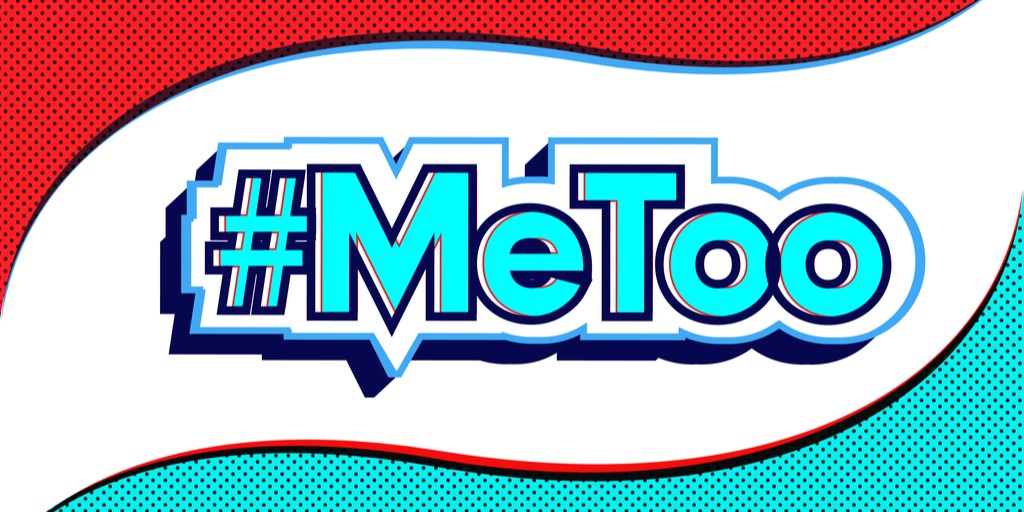Beware the Backlash
While the concept of sexual harassment as sex discrimination has been entrenched in federal law for over 30 years, there have also been persuasive critiques of this concept—coming from very different perspectives. An essay titled “Sexual Harassment as Sex Discrimination: A Defective Paradigm” by libertarian scholar Ellen Frankel Paul, a professor of political science at Bowling Green State University, appeared in the Yale Law and Policy Review in 1990 (just four years after the Supreme Court recognized sexual harassment as a form of discrimination in Meritor v. Vinson). Paul proposed an individual rights-oriented approach that would treat severe sexual harassment as a tort rather than a civil rights violation. Eight years later, Yale law professor Vicki Schultz published a paper on “Reconceptualizing Sexual Harassment” in Yale Law School’s faculty scholarship series. Schultz, a feminist legal scholar, embraced the sex-discrimination paradigm but was critical of the focus on sexuality rather than sexism in the conventional approach to sexual harassment.
Rachel Lu’s provocative Liberty Forum essay, “Desire or Dominance?: Sexual Harassment’s Legal Maze,” continues the questioning of the established legal paradigm of sexual harassment. Writing in the post-Harvey Weinstein, post-#MeToo era, Lu does an impressive job of reminding us that this was not the first moment of collective soul-searching on the issue: sexual harassment has been on the national radar since the 1970s, and the “consciousness-raising” that followed Anita Hill’s accusations against Clarence Thomas in 1991 rivaled #MeToo in intensity and impact. (Minus the Internet and the social media, of course.) Why is it, Lu asks, that after each of these episodes we seem to backslide and repeat the cycle? Could there be something wrong with the framework in which we view the problem?
It’s a worthy question, and Lu is on the right track. She points out that conceptualizing the wrong of sexual harassment as discrimination doesn’t make sense, because sex discrimination—not necessarily in a negative sense—is inherent to nearly all sexual or romantic interaction between individuals (except for the perfectly bisexual). Lu brings up the amusing example of Captain Georg von Trapp in The Sound of Music, who falls in love with and eventually marries his children’s governess Maria Rainer: his actions toward Maria are clearly “discriminatory” on the basis of sex (it’s safe to say he wouldn’t have fallen for a tutor named Martin!). Yet it would be absurd to say that von Trapp is “just a slightly-more-monogamous Weinstein.” A more contemporary famous example is Bill Gates, the founder of Microsoft, whose wife Melinda was a product manager at Microsoft when they first met.
The discrimination model suffers from numerous logical flaws. Theoretically, it allows impunity for the equal-opportunity abuser. Even same-sex harassment doesn’t quite fit into the model of sexual harassment as group injury to women under the patriarchy, which underlies the discrimination paradigm (first formulated by feminist legal theorist Catharine MacKinnon). It’s telling that, while male victims have come forward as part of #MeToo, some of these have suggested that they should not usurp the women’s moment because sexual mistreatment of women is much more systemic.
While the discrimination or dominance paradigm cannot fully account for sexual abuse of men—or of women by other women—it also casts a wide net in defining virtually all sexualized interactions between men and women as potentially harassing. The only standard appears to be whether an interaction is welcome; but, as Paul noted in her 1990 essay, “It is often difficult, if not impossible, to predict beforehand whether an invitation for intimacy is going to be welcome or not.” The same goes for banter, jokes, or compliments with sexual overtones.
To make things even more complicated, interactions perceived as consensual and welcome when they take place may be seen as unwelcome or even nonconsensual sometime later—whether for personal reasons or political ones, or both. (Thus, former White House intern and Bill Clinton paramour Monica Lewinsky insisted as late as 2014 that her relationship with Clinton was entirely consensual—but recently reported that the #MeToo movement made her rethink this view. Lewinsky now believes the power disparity between them made true consent impossible, even though it was she who initiated sexual contact.)
The movement against sexual harassment in the 1990s stumbled in large part because of a justified backlash against intrusive relationship-policing and overreactions to trivial offenses. In one widely reported case, a Miller Brewing Company executive was fired for discussing a risqué “Seinfeld” episode; he later sued and won $26 million in damages.
The same trends are evident today. As the specter of #MeToo looms and confused men are forming workplace groups to brainstorm the new office rules, some employers are enacting draconian restrictions. At Google and Facebook, it’s permitted to ask out a coworker only once; an ambiguous response such as “I can’t that night” counts as a “No” with no second chance. (That would have nixed Bill and Melinda Gates’s romance.) Netflix bans not only second shots at dates, but “lingering hugs” and “stares” of more than five seconds.
Meanwhile, even though most high-profile #MeToo stories have involved egregious and credible allegations, some accused men whose apparent sins involved nothing worse than boorish behavior on a date or tasteless office humor have attracted widespread sympathy. If #MeToo encounters a society-wide backlash, its positive effect—increased readiness to confront the misdeeds of powerful abusers previously protected by their status—could wear off as well.
Lu’s proposal—to treat sexual harassment as an inappropriate expression of sexuality rather than a manifestation of sexism or sex discrimination—may not be a panacea, but it is a promising start. It has notable similarities to Paul’s 1990 proposal for a sexual harassment tort to replace the civil rights framework. At this point, it’s difficult to imagine how the tort proposal could succeed, given that the discrimination paradigm has more than three decades of precedent on its side. But change clearly needs to begin in the trenches of culture. Lu’s essay suggests one direction for a new conversation about sexual harassment.


